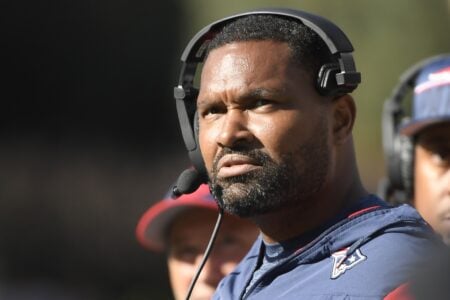You bring up very rare occurences and the human factor to combat statements. You are correct in the sense that these blanket statements are not true 100% of time (what is true 100% of the time though?). However sabermetrics is based around the idea that the sample size has to be large enough. In general these statements are true, which you could see better if you compiled the numbers over decades, hundreds of players, thousands of at bats, situations etc...
Which reminds me a little of hold em odds. Professional poker plays make money in the long run because they stick with the odds in their favor. Of course bluffing, reading opponents etc.. come into play more at that level. In the very basic sense playing holdem, if you always make "good" plays you will make a profit in the long run. Calling an all-in when you have a 67% chance to win the hand is always the right call, even though 33% of the time you WILL lose.
Also I think the "human" element is overrated a ton in sports today by the fans, media, analysts etc.. I can't PROVE it obviously, although I believe I remember seeing a study where there was only one major league baseball player ever that had better "numbers" in "clutch" situations than his average in all situations.
Whether an insane adrenaline pump in a tight situation can increase professional ability, well that is not something I am least bit qualified to discuss lol.
Football is a different game, different factors and a far smaller sample size, so it's much harder to study these things for football. The effect coaching and teamwork has on an NFL game is a ton more than the effect teamwork and coaching has on an MLB game.


















